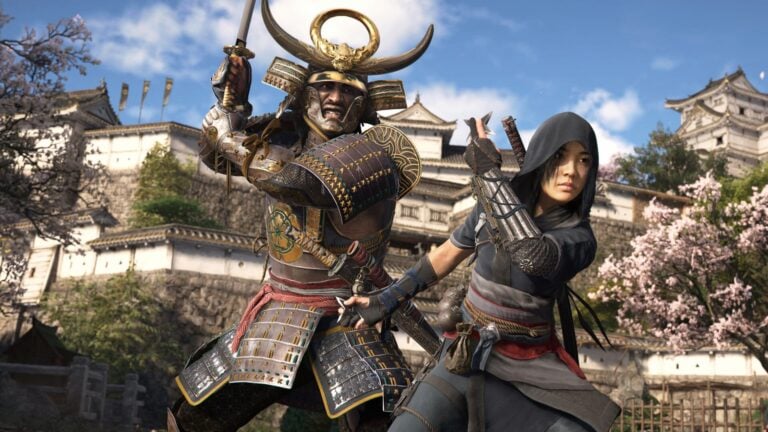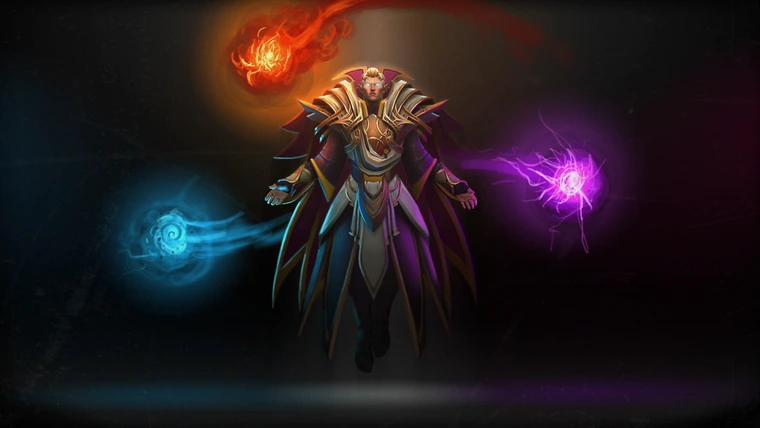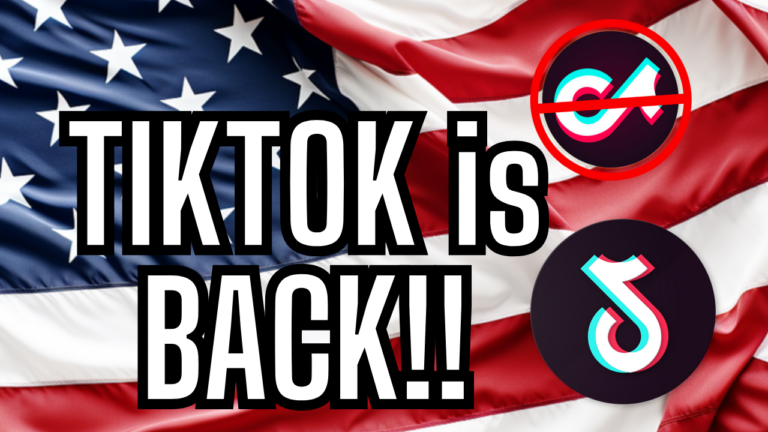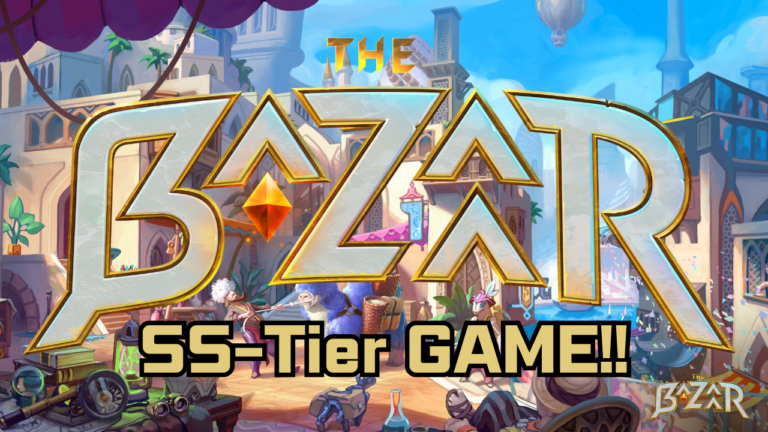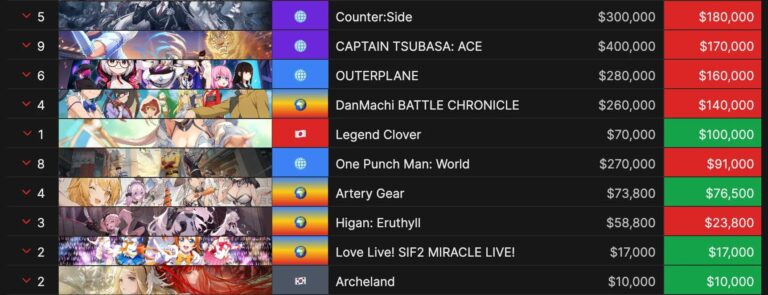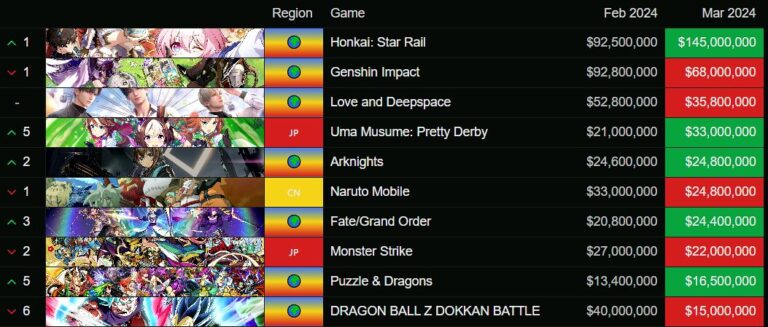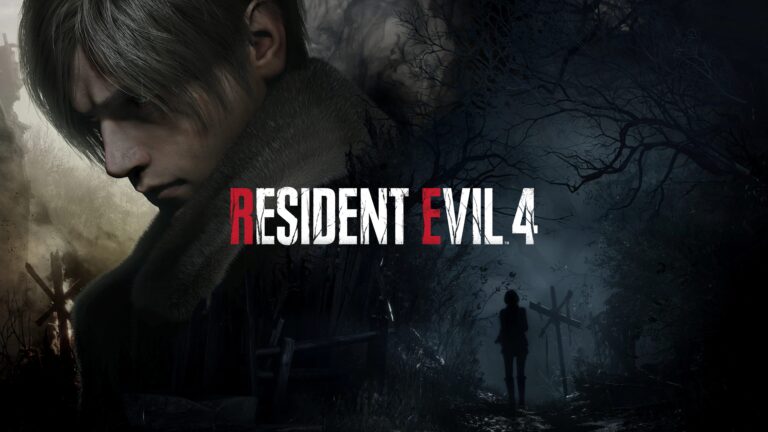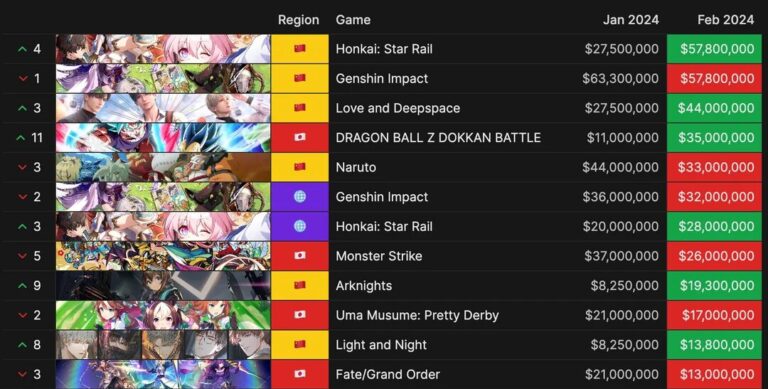Table of Contents [Hide]
- Cracks in the Great Firewall: China's Game Crackdown Takes a Turn
- Beijing Shakes Up Video Game Oversight: Feng Shixin Out, But Questions Remain
- Softening Rules or Strategic Pause? Uncertainty Hangs Over Gaming Industry
- Can Tencent and NetEase Maintain the Rally? Examining the Long-Term Impact of Regulatory Shifts
- Navigating the Next Level: China's Gaming Industry in the Wake of Regulatory Reshuffle
Cracks in the Great Firewall: China's Game Crackdown Takes a Turn
China Backtracks on Game Crackdown; In a significant development within China's regulatory framework, the sudden departure of Feng Shixin, a senior official overseeing video game oversight, has prompted a cascade of speculation, raising pivotal questions about the future of gaming in the world's largest market.

This transition merits a meticulous examination as we navigate through the following key aspects:
- Beijing Reevaluates Video Game Oversight: We will scrutinize the abrupt exit of Feng Shixin and its potential implications on the proposed restrictions, causing notable market perturbations for industry leaders like Tencent and NetEase.
- Reassessment of Regulations or Strategic Pause?: Assess the uncertainties surrounding whether this signals a genuine policy shift or a strategic maneuver aimed at refining regulatory measures.
- Sustainability of Market Momentum for Tencent and NetEase: Caution is warranted amidst the celebration of surging stock values for industry giants. We will closely monitor the long-term strategic considerations and potential challenges arising within the unpredictable regulatory landscape.
Join us as we meticulously navigate the intricacies of China backtracks her game crackdown, unveiling the complexities and implications of this regulatory recalibration. Whether you are a dedicated gamer, a discerning investor, or someone captivated by the intricate interplay between technology and policy, this exploration promises to provide profound insights into the evolving landscape. Prepare to delve into this serious and enlightening analysis.
Beijing Shakes Up Video Game Oversight: Feng Shixin Out, But Questions Remain
The abrupt departure of Feng Shixin, a key figure in China's video game regulation, sent shockwaves through the industry and signaled a potential shift in Beijing's approach. Feng, head of the publishing unit within the Communist Party's Publicity Department, oversaw the National Press and Publication Administration (NPPA), the body responsible for video game approvals and content restrictions. His unexpected exit, just days after the NPPA unveiled controversial proposals targeting spending and engagement in online games, sparked immediate speculation about Beijing's true intentions. Was this a definitive step back from the proposed crackdown, or simply a strategic reshuffle to refine the regulations behind closed doors?
While the precise motivations behind Feng's removal remain officially unconfirmed, the timing undeniably points towards a possible softening of stance. The proposed rules, which rattled investors and caused Tencent and NetEase's stocks to plummet, met with widespread criticism from both industry players and gamers. The specter of another 2021-style regulatory onslaught, which significantly hampered the industry's growth, loomed large. Feng's exit, then, could be seen as an attempt to appease concerns and signal a willingness to engage in dialogue with the industry before finalizing the regulations.
Softening Rules or Strategic Pause? Uncertainty Hangs Over Gaming Industry
The dust has yet to settle after Feng Shixin's ouster, leaving the gaming industry in a state of cautious optimism. While his removal suggests a potential recalibration of Beijing's regulatory stance, concrete details remain elusive. Are the proposed restrictions truly off the table, or is this merely a tactical pause to refine them behind closed doors?

Will China backtracks game crackdown? The prospect of eased spending limits and content censorship would be a welcome reprieve, reviving investor confidence and potentially fueling a long-awaited growth spurt. However, the specter of a revamped, even stricter set of regulations still lingers, casting a shadow of uncertainty over future prospects.
This ambiguity breeds anxieties, forcing companies to operate in a gray area. Should they resume aggressive monetization strategies or exercise caution until definitive guidelines emerge? The answer remains shrouded in fog, leaving everyone from developers to publishers treading a delicate tightrope.
Can Tencent and NetEase Maintain the Rally? Examining the Long-Term Impact of Regulatory Shifts
The immediate shockwaves of Feng Shixin's removal sent a surge of relief through Tencent and NetEase, sending their stocks soaring. But amid the celebratory champagne toasts, a sobering question hangs in the air: can this rally hold?
The answer, unfortunately, remains shrouded in the labyrinthine corridors of Chinese policymaking. While Feng's ouster suggests a potential softening of stance, it's far from a guarantee of regulatory amnesty. The proposed rules, despite facing significant backlash, still represent Beijing's long-term vision for the gaming industry. The possibility of them returning in a revised, perhaps even more stringent form, cannot be entirely dismissed.
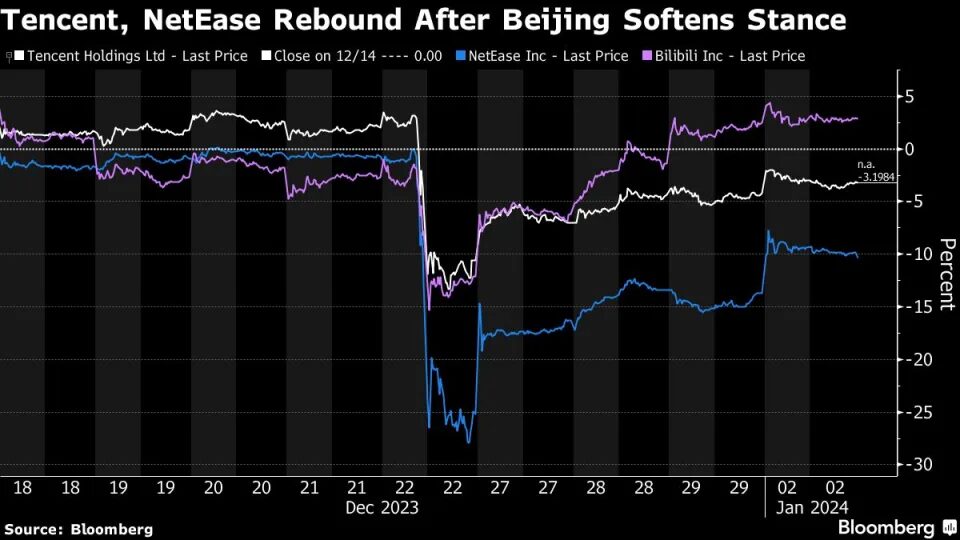
Therefore, for industry giants like Tencent and NetEase, the current upward trajectory is best viewed as a cautious reprieve, not a definitive victory. They must navigate this uncertain landscape with strategic agility, adapting their monetization models and content pipelines to cater to any potential regulatory shifts. Diversification into overseas markets might also hold promise, mitigating the dependence on a potentially volatile domestic environment.
The abrupt departure of Feng Shixin, a prominent figure in China's video game oversight, has cast a long shadow over the industry, creating a landscape of cautious optimism and lingering uncertainty. This shift signals a recalibration of Beijing's regulatory approach, but the precise contours of the new game remain obscure.
For industry leaders like Tencent and NetEase, this tactical conundrum demands attention. The potential relaxation of spending limits and content restrictions offers a tantalizing glimpse of growth, yet the specter of revised, potentially stricter regulations hangs heavy. Adapting monetization models, diversifying portfolios, and embracing transparency will be critical for these giants to actively navigate the shifting sands of the regulatory landscape.
Ultimately, the future of China's gaming industry depends on Beijing's ability to forge a delicate equilibrium. Balancing the vibrant potential of a thriving gaming ecosystem with legitimate concerns over addiction and social impact demands a nuanced approach. Open dialogue with industry players, clear and consistent regulations, and a concerted effort to promote healthy gaming habits will actively constitute the cornerstones of finding this elusive balance.
As China backtracks her game crackdown, a new round in the game begins. Whether it results in a win-win scenario for players, publishers, and policymakers, or ends in a frustrating stalemate, remains to be seen. One thing is certain: the world watches with bated breath as China actively navigates the next level in the complex and ever-evolving game of regulating the virtual world.

